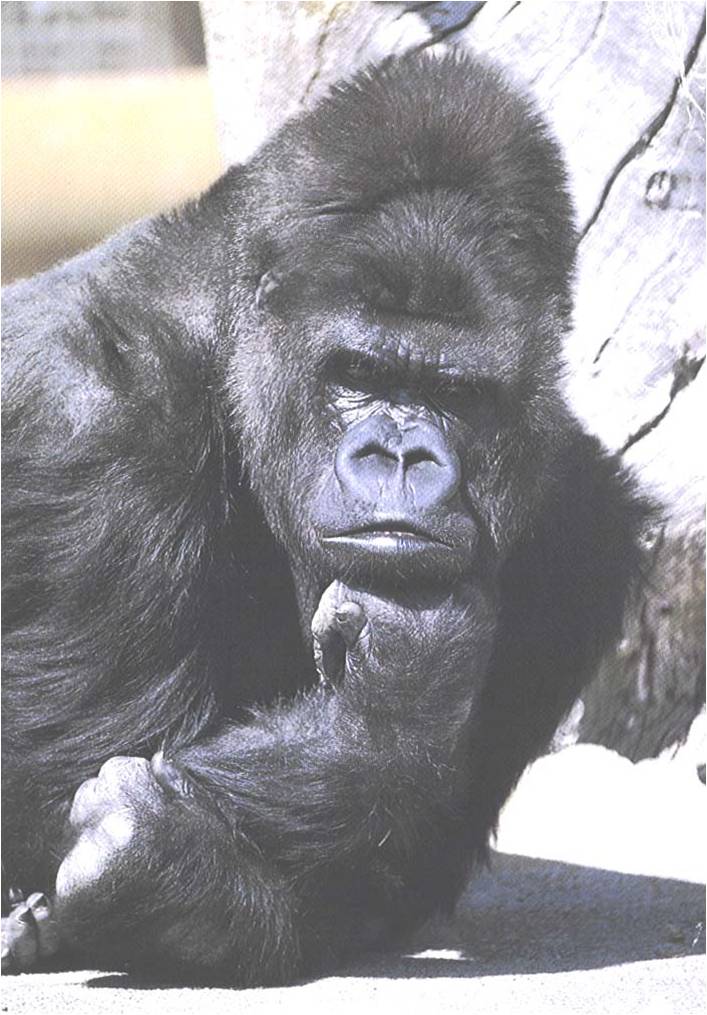I deleted my Twitter/X account a couple of weeks ago. After being on the site for fourteen years, I admit that it was difficult to let go. Mine wasn’t a huge account, with only a few thousand followers, but Twitter had been good to me. It helped me forge professional contacts, share some writing, even get invited to conferences and be interviewed by journalists. And of course there was some time to follow news, goof off, and just interact with people around the world.
However, after the change of ownership to Elon Musk, the site seemed to change for the worse, with an increase in ethnic slurs and hate speech, and a decrease in oversight. There appears to be an exodus of academics from Twitter, as networks gradually deteriorated and the algorithm seemed to sideline old voices in favor of more sensational, even hate-filled tweets. The journal Nature mentioned one analysis which found that a handful of controversial, previously obscure, accounts that Musk personally recommended or interacted with had exploded in popularity after only a year.
I know there are many more important issues than this. Some friends suggested I stay there and “take up space,” make your voice known, etc. Knowing the old maxim about the Internet, “If you are not paying for it, you’re not the customer; you’re the product being sold,” ultimately I felt ethically torn by remaining there and being a product for a site that was going in a direction I disagreed with. So, I guess that’s that.


